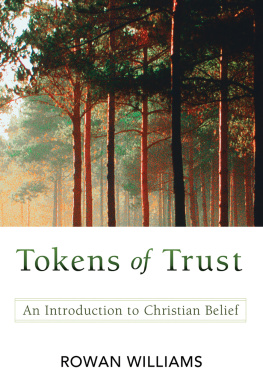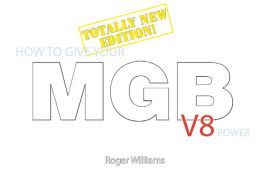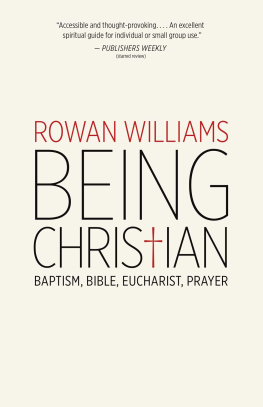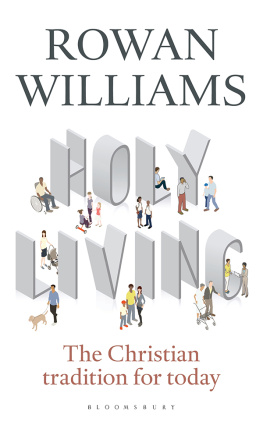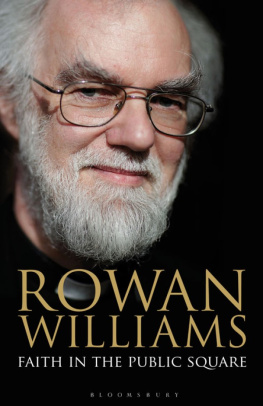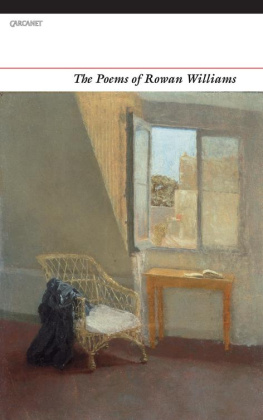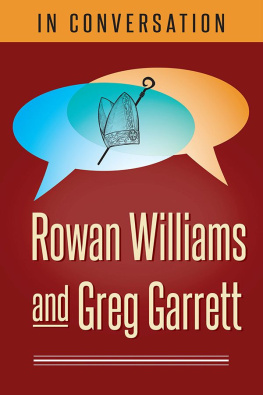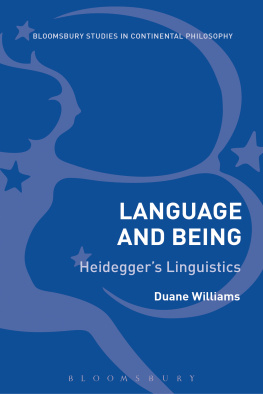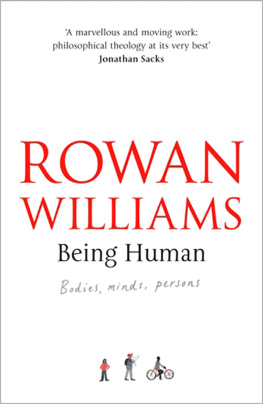T he word representation, as we have noted, has a very wide range of applications, and it may be helpful to add a few remarks about some of the varieties of its use, particularly those which have shaped the sense given to it in the preceding pages. It has a significant role in aesthetics, in political philosophy and in philosophy of mind, and any reader will need to be careful not to assume that the use of the word by, say, Nelson Goodman in his important work on the nature of art, And, just to complicate matters, there is also the fact that English translators of Hegel have regularly rendered his Vorstellung as representation.
To begin at the beginning: discussions about the alleged representational properties of the human mind are about whether the activity of consciousness could be exhaustively characterized in terms of phenomenal properties (what it is like to be experiencing a specific mental state here and now) or whether we need also to speak of intentionality (the relation between what I am experiencing and what is true of things other than myself). If the latter is true, there is work to be done in assessing whether a particular intentional content is in fact related to a state of affairs outside the mind whether it satisfies the conditions required to represent something. Representing may take a number of forms, from visual presentation to descriptions of function or analyses of the contents of a phenomenon; but in every case there is some state of the world in virtue of which this state of the mind is or is not an accurate representation. The mind may as a matter of fact be representing its environment without any conscious sense of doing so; that is, our minds may have representational properties without corresponding phenomenal ones we may have unconscious background beliefs which do not figure in an account at this or that moment of what it is like to be us, what we are experiencing. But, conversely, phenomenal properties what it feels like to be conscious at this moment can plausibly be said to entail representational properties: we cant be aware of ourselves or our mental state without implicit claims about more than the state of our minds. This means that what is going on in producing the state of mind we experience is a causal process: we assume that this or that aspect of how it currently feels to be me is caused by properties of the environment in which I find myself.
This is a very rough summary of the exposition offered by David Chalmers in his most recent work To take the hoariest philosophical example, the red patch I see is always the redness of an object that is culturally and linguistically presented to me, an object which I locate and explore in and through the sense I have of being aware. Chalmers is not denying this; but Tallis is right to question whether the rigorous representational/phenomenal dualism with which he begins is the best vehicle for avoiding functionalist and reductive language.
The point for our present purpose, however, is that if consciousness is indeed irreducibly a matter of both the intentional and the self-aware, we need (as Tallis hints) a broader notion of informing and information than the notion of a plain transmission and reception of signals. In the chapters of this book, I have been taking representation to mean broadly what Tallis, I think, means by presentation: the object that is my face in the mirror is a representation, but my perceiving of it is a making present to myself of what is there. it must relate to right-brain modes of knowing in which wholes are more than the sums of parts. Thus, in regard to Downess analysis, I should want to say that the last-named of his stages of representation is a bit more common than his discussion might imply: the varieties of enrichment that can supplement well-formed fully propositional statements are to be identified in many kinds of discourse; and it is these that therefore exemplify the widest possible meaning for the activity of representing.
Nelson Goodmans aesthetic theory is primarily concerned with representation as a category in visual art, and at moments he therefore understandably uses description to designate the sort of rendering of an object that is furthest from being an imitation or reproduction whereas I have suggested that description, imitation and reproduction have something essential in common, in that they seek to provide itemized versions of an original. But because he wishes to argue that representation is precisely not bound to reproduction or imitation, to subsume description under representation is a helpful tactic to wean us away from an uncritical notion of representation. Representation cannot be an idiosyncratic physical process like mirroring;
I mention Goodmans account primarily to avoid possible confusion; here is a philosopher operating a distinction between description and representation which works rather differently from what I have proposed in this book, and the parallels and differences need to be flagged. But Goodmans work is important also in reinforcing the broad sense of representation argued here, representation as a form of potentially truthful (or apt or whatever) denotation embedded in a symbol system which does not attempt to find simple substitutes for the elements of reality but looks for something like analogical patterning in the elements of a different medium. One of the things which this has significantly in common with what I have been outlining is thus that representation is not something which comes between a reality and its apprehension by a subject a sort of obstacle to or substitute for the real thing. Rather than seeking to stand in for whats really there, a representation is the thereness of the object in relation to the perceiver. And this gives us a perspective from which to think about the complicated legacy of representation-words in the Hegelian tradition. Because Hegel uses a word commonly translated as representation (Vorstellung) to denote thinking that has not yet attained to properly conceptual status, the temptation is to read Hegel as if he were saying that mature thinking moves on from representing to something else. But, as many Hegel interpreters have argued over the last few decades, we need to tread very carefully here. Vorstellung is literally a setting-before; it is a consciousness of something that one has before oneself as something objective. It is a stage further on from the Darstellung of art, which invites us to know our act of knowing in the immediate and sensuous images it offers without inviting us to the more obviously analogical move of religion, in which sensuous references are being deployed as tokens of non-sensuous process.
Even granted this clarification, though, we should be cautious about supposing that Hegel is simply and consistently seeking to banish both artists and dogmaticians. As Nicholas Adamss monograph
The importance of this is in relation to the twofold danger from which Hegel (interpreted in this way) delivers us. We may be lured into a pure postmodern dualism (see above) of compromised speech and silent, formless, non-historical interiority, or into a pre-critical revival of would-be simple representation, representation without mediation (what we see is real; what we are persuaded to see by the prevailing forms of cultural power is real; what is seen by any cultural other is unreal and dangerous) which is what has been understood to be the essence of fascism in its various forms (from naked and violent hegemonies right through to the totalizing voices of populist culture). but it cannot be reduced to a vacuous hope for a future that is rational as opposed to imaginative or religious, a future of unmediated universal reasonableness. Hegels universalism is of another order, involving the distinctive labour of recognizing the self in the other.








